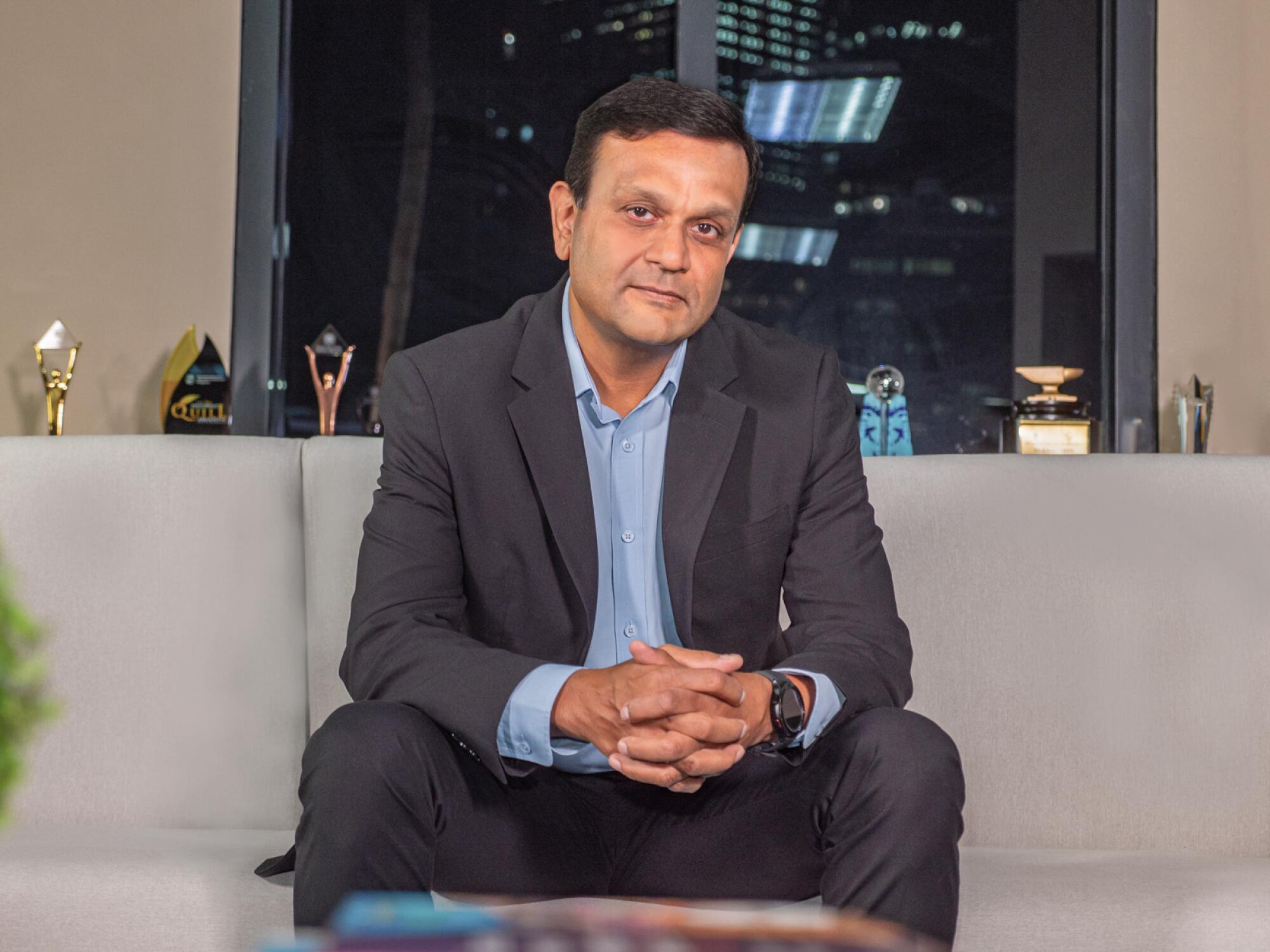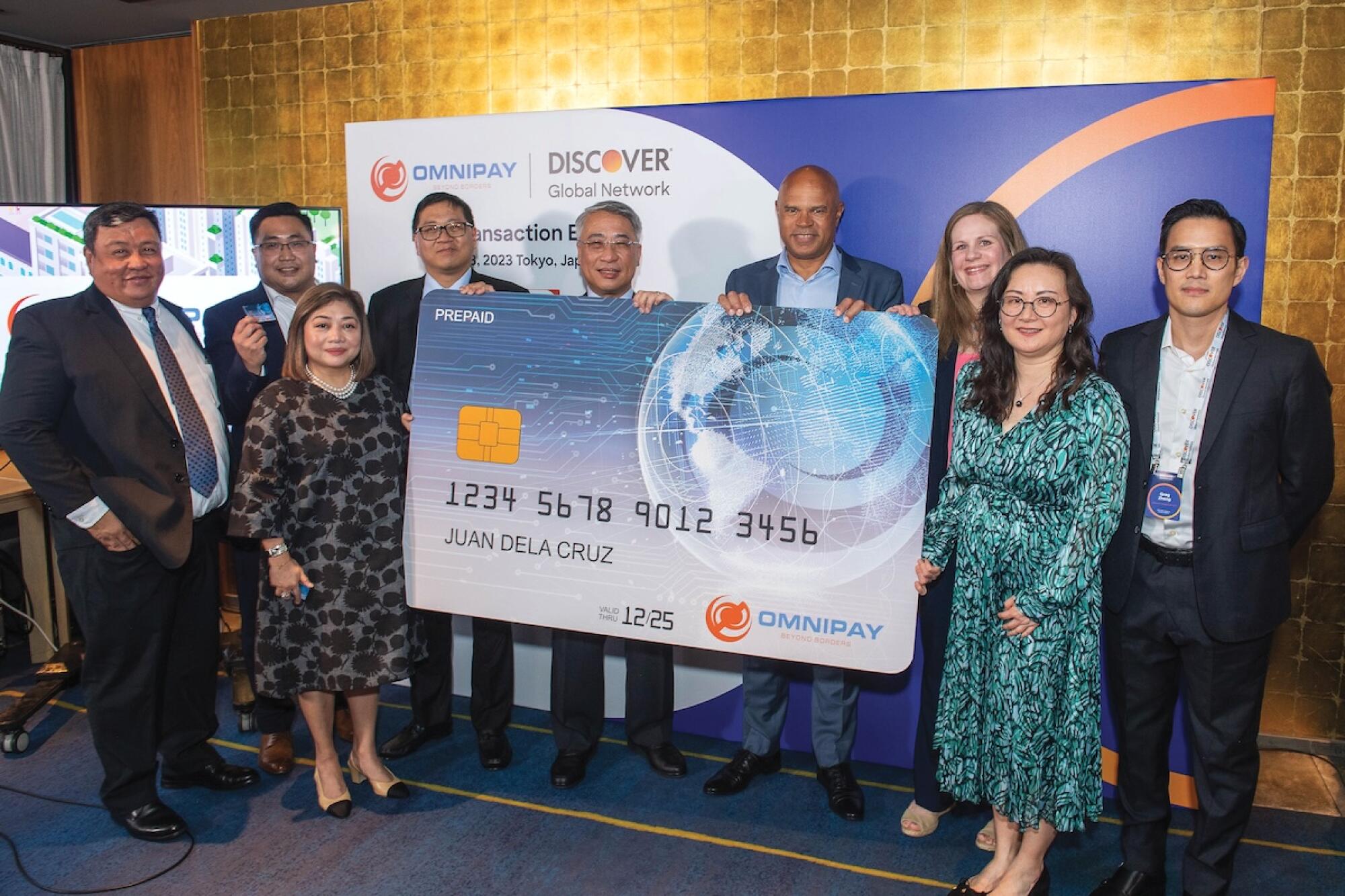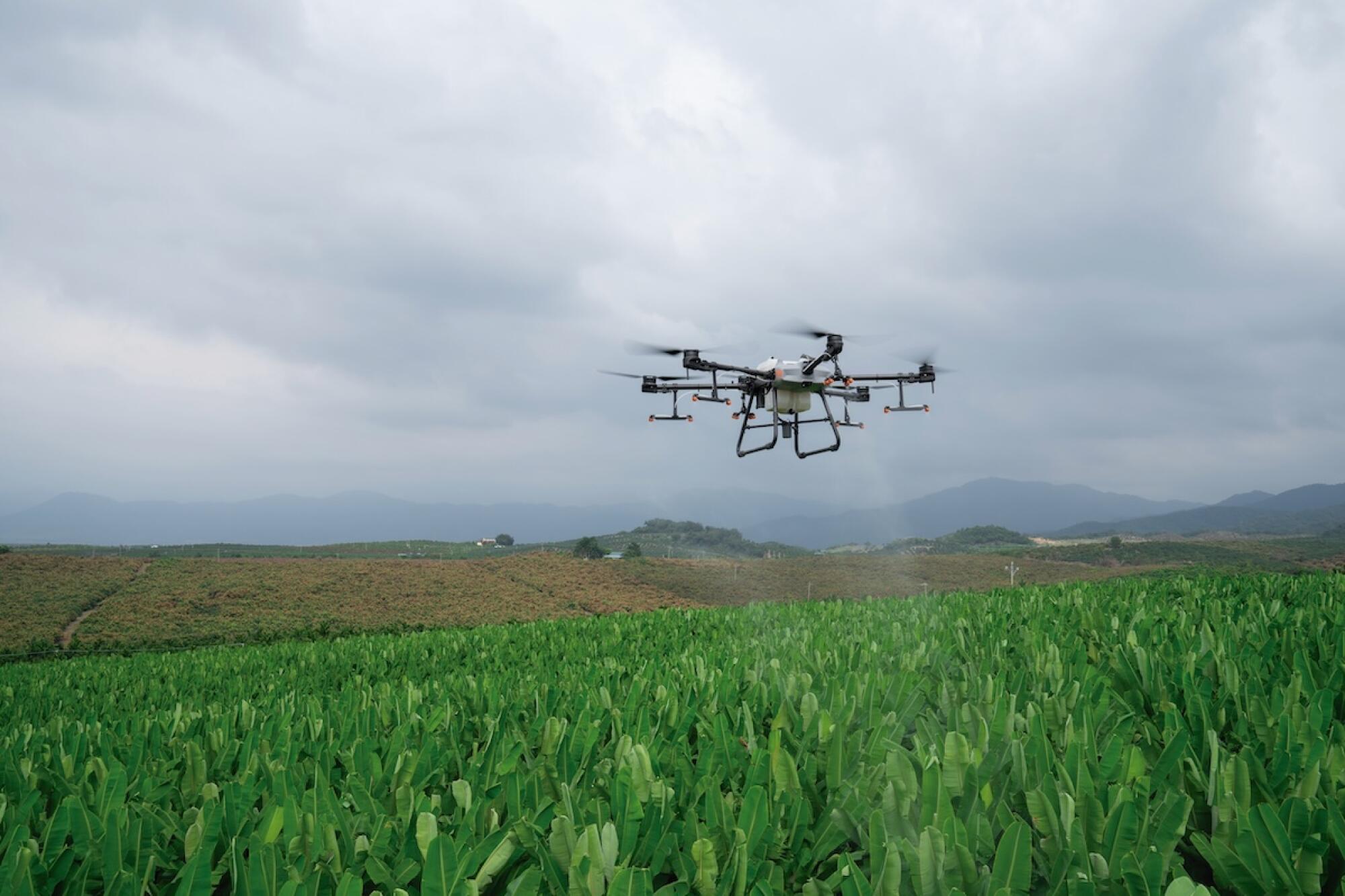
Combining efforts to transform the IT sector into a pillar of the economy, private innovators and government associations are revolutionizing the Philippine tech industry
Following the mandate of the new administration, the Philippines is undergoing a tech revolution, designed to connect the islands of the archipelago to each other, and the Philippines to the world. In charge of this transformation is the Department of Information and Communications Technology (ITC), the priority of which was to provide connectivity to those places where telecom companies have no incentive to cover. Yet connectivity does not end in access to the internet alone, but to payment systems, public order, and government itself, fostering true inclusivity as well. “Ours is a citizen-centric approach”, explains Secretary Ivan John Uy, “which connects people to the economy and allows it to do business with the government.”
Also contributing to financial inclusion is the Fintech Philippines Association, an independent non-profit that represents the interests and growth of the fintech community in the country by helping businesses from all industries harness financial technologies that will allow them to compete at a global level. Founding members of the Asia Pacific Fintech Network, the Association is the largest of its kind in the Philippines, and is always on the lookout for new partnerships and investors both domestically and abroad, interested in advocating for effective and future-focused regulation, cultivating interest and technical skills that promote innovation, and ultimately, representing the voice of the burgeoning fintech community in the Philippines, and making the country a hub for technological innovation in financial services worldwide.
With 32.5 billion dollars in export revenue last year and a projected 35 for the current one, the Philippines’ IT-BPM sector today contributes an astonishing 8% to the nation’s GDP. What 20 years ago was a small BPO sector composed largely of call centers and focused on voice services, is now an industry that provides jobs to 6 million people and hosts most major multinational brands in the IT-BPM global economy, with a strong presence of North American companies.
“It is quite an advancement from the early days, and all Filipinos should be proud of what we have achieved in this sector”, says Jack Madrid, director of the IT and Business Process Association of the Philippines (IBPAP), the organization behind this tremendous success, in charge of supporting the whole IT-BPM ecosystem.

Growing the BPO Sector Organically
Among the protagonists of this transformation is certainly Foundever, one of the largest independent third-party BPO companies in the world. With over 50,000 employees in the Asia Pacific region and 170,000 worldwide, the company offers its 750 global clients broad-spectrum solutions for connecting brands to customers, making its branch in the Philippines the largest in the Asia Pacific region. “Growing organically and through acquisitions we have come to be a global CX leader, one of the few truly global BPO companies in the world”, says COO Ravi Iyengar.
The secret of their success largely rests on the company’s high-performance rates, and their ability to offer clients quick solutions in an incredibly wide range of services, from back-office email, chat, and tech support, to learning management solutions, process automation, and IPA digitalization. “With AI in the horizon”, adds Iyengar, “we strive to keep close to the market and provide clients with digital-first, future-looking solutions in the most efficient way possible”.
Mirroring this success is BPO giant Teleperformance, present in 91 countries around the world and employing over 400,000 people. Leading the sector with 24 sites and now expanding to the larger cities and Metro Manila, it offers clients tier 2 and tier 3 specialized services and is a key partner to multinationals operating in the country.
Teleperformance prides itself on offering “flexible digital solutions for an unpredictable world”, serving as strategic partner to the some of the world’s largest companies in a wide variety of industries. Focused on customer care, technical support, customer acquisition, consulting and analytics, and other high-valued specialized services, it offers consistently positive customer interactions that are reliable, flexible, and intelligent. Its digital strategies provide advanced solution consulting and design for managing and optimizing the entire lifecycle of a business or company, and its intelligent automation uses AI and machine learning to accelerate contact resolution or functional output. It also provides clients with advanced analytics, including speech, text, and interaction analytics that harness the power of unprocessed customer data to better anticipate needs and expectations. But more importantly, it offers a balanced approach, that is a combination of technology and human empathy to provide intelligent problem-solving capable of tackling even the most complex and sensitive issues a business is often faced with, both internally and with its own client base.
SixEleven, a BPO company in Davao City, started small but rapidly expanded to 3000 seats, attributing its success to client care and local staff. With 99% Filipino employees, communication is seamless, contributing to client satisfaction. They prioritize local growth over rapid expansion, focusing on the BPO sector’s potential in Davao. Their edge lies in the empathy of their staff, earning them accolades and a diverse client base. Planning to double in size by 2025 and expand to Cagayan de Oro, SixEleven aims high with aggressive goals.
Banking the Philippines
With relatively low penetration of banking and credit cards comparing to others in the region, the Philippines was experiencing a gap in people’s ability to access online markets, now being addressed by Dragonpay, a payment solutions company redefining the way money works in the country. “Our objective was to allow anybody to participate in the e-commerce industry through whatever means they had”, explains funder and COO Dick Chiang, “and we started growing fast, only through word of mouth”.
Unlike PayPal and other similar payment solutions providers, Dragonpay is hyperlocal, so far interested only in serving and developing the local market and the Philippine diaspora abroad, although it recently took Indonesian fintech unicorn Xendit as a strategic investor. It offers the most complete suite of payment options including online banking, e wallets and crypto, and requires no registration. “We provide switch services, meaning you don’t keep money with us, we connect your preferred method of payment to the relevant service”, Chiang explains.
With 15 million customers having passed through its system and about 10 million transactions per month equivalent to USD 20 million, this goal-driven, customer-focused team of 80 people is setting the example on fintech done right in the Philippines. “This country is full of potential and put simply, our job is to find ways to help it reach it”, concludes Chiang.

Access for All
Joining the online banking revolution is OmniPay, an offshoot of a joint venture with an authorised government depository bank which set out to develop its own technology in-house and build from the ground up. “We have our own remittance platform, our own card management system, our own payment gateway, our own agent network system, everything is built in-house”, says founder and CEO Simoun Ung.
Among the company’s flagship products is the Mabuhay Miles Travel Card with Philippine Airlines, providing frequent fliers who use multiple currencies an option to avoid the high fees in FX usually charged by banks. With a multi-currency engine that holds up to ten different currencies, the card uses funds smartly to reduce FX costs to the minimum, leaving no “loose change” and maximising spending capacity for customers. “Airlines are technically challenging for banks to deal with precisely because they do not always have the flexibility in dealing with multiple currencies and that is where we come in”, says Ung.
Having expanded into Indonesia and Canada with clear expansion plans for Malaysia, Singapore, U.S., Japan, and Vietnam, the company is making great strides, and showing its ability to open new frontiers in online banking. “We know what we are good at”, adds Ung, “and we know the challenge for us is always finding the right partners so we can work well together”.

Growing Together
Yet the tech revolution sweeping the Philippines has also extended beyond fintech, transforming fundamental sectors such as agriculture, at the hands of companies like AgriDOM, which carries its description in its name: Digitalization, Optimization, and Modernization at the service of agriculture. Providing tech-based solutions, the company offers everything from drones to data technology, robot and artificial intelligence, IOT and software aimed at improving production, operation efficiency, and management of the agricultural sector. “Agriculture is the least digitalized sector in the country”, says founder and CEO Dom L. Subang, “and we can help it increase profits and become a sustainable source of food for the whole country”.
Historically faced with inefficient operation systems, prone to wastage, time-consuming monitoring collection methods, and related problems such as exposure of farmers to pesticides among many others, the sector was in dire need of modernization. “Over our 7,107 islands we grow food on 13 million hectares, which is impressive, but there are close to 30 million still uncultivated, and so there is great room for growth”, explains Subang.
Putting digitalization at the forefront, the Philippines has opened opportunities for development that are attracting a growing number of international investors and big tech companies, such as SpaceX, one of the first to arrive. With new partnerships on the horizon, the country is showing that fostering collaboration and attracting investment in its digital future is the only way forward. “The Philippines is open for business, and we are ready to go”, concludes Secretary Uy.